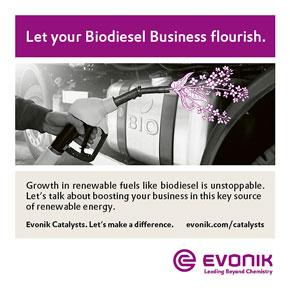TotalEnergies and ENEOS shift SAF plans to Wakayama refinery
The study was initially planned for the ENEOS Negishi refinery, but industrial, technical and competitiveness criteria have led ENEOS and TotalEnergies to select the Wakayama refinery instead.
The proposed unit, with an annual production capacity of 300,000 tons of SAF, will process waste or residue sourced notably from the circular economy, mainly used cooking oil and animal fat.
The partners plan to form a joint venture to produce sustainable aviation fuels. This collaboration will leverage the companies' respective areas of excellence and expertise to develop mass production of SAF and a sustainable supply chain for SAF in Japan by 2026. TotalEnergies and Sustainable Aviation Fuel TotalEnergies is developing SAF strategies to help the aviation industry to meet its net-zero goals.
This includes biofuels made from circular economy waste and residue, such as animal fat and used cooking oil, and renewable synthetic (or e-jet) fuels. These sustainable aviation fuels will significantly reduce CO2 emissions from air transportation.












